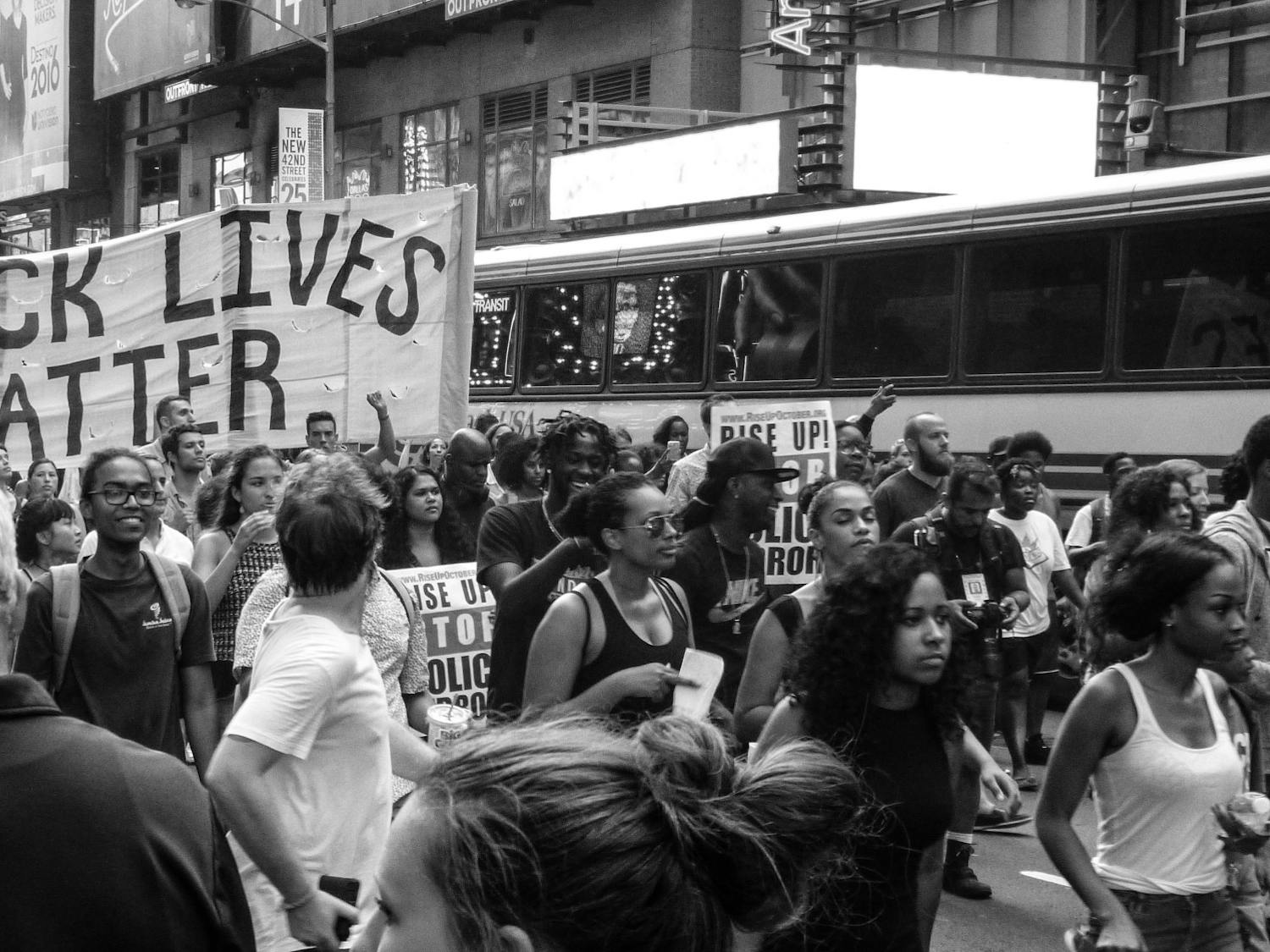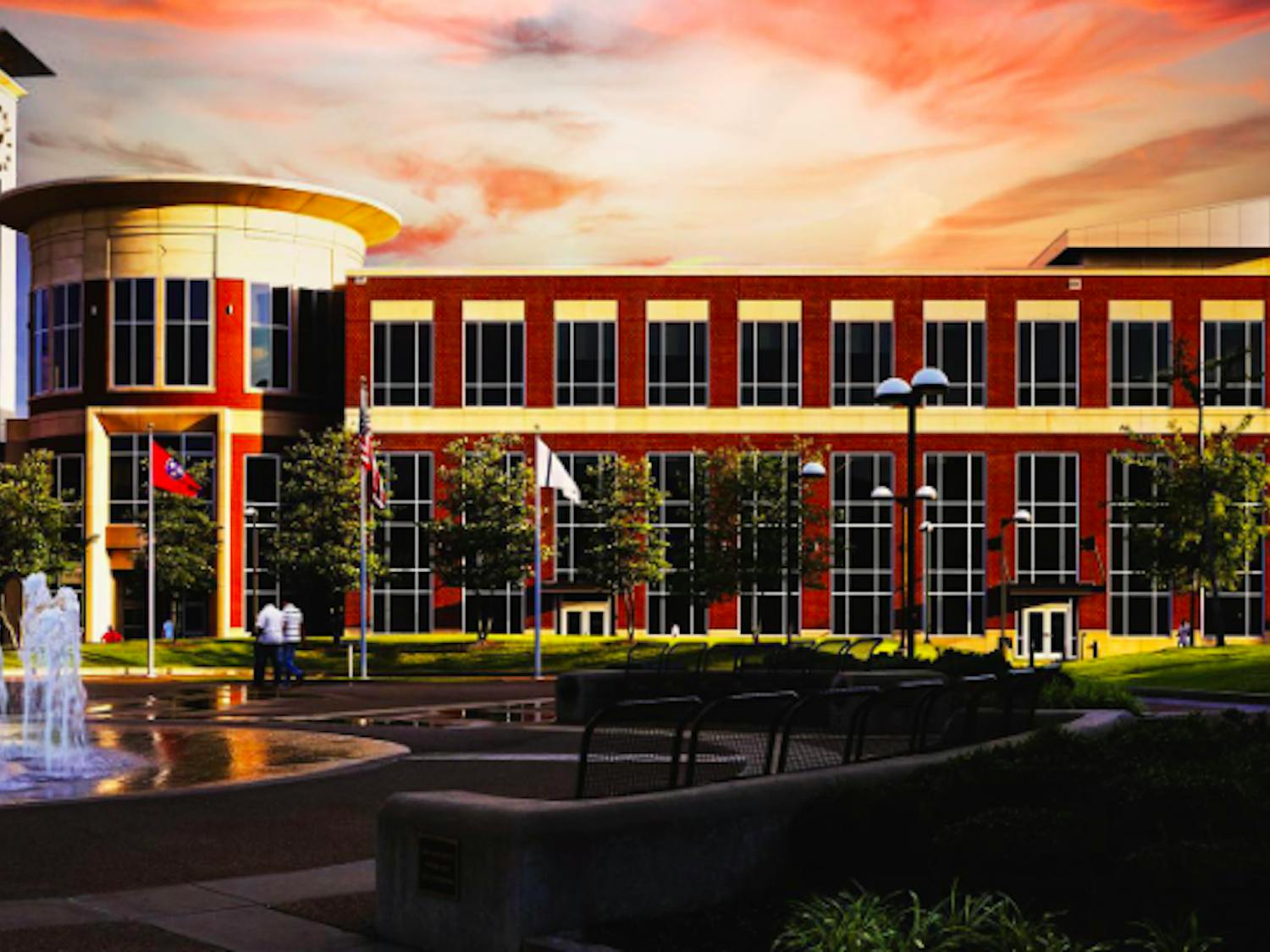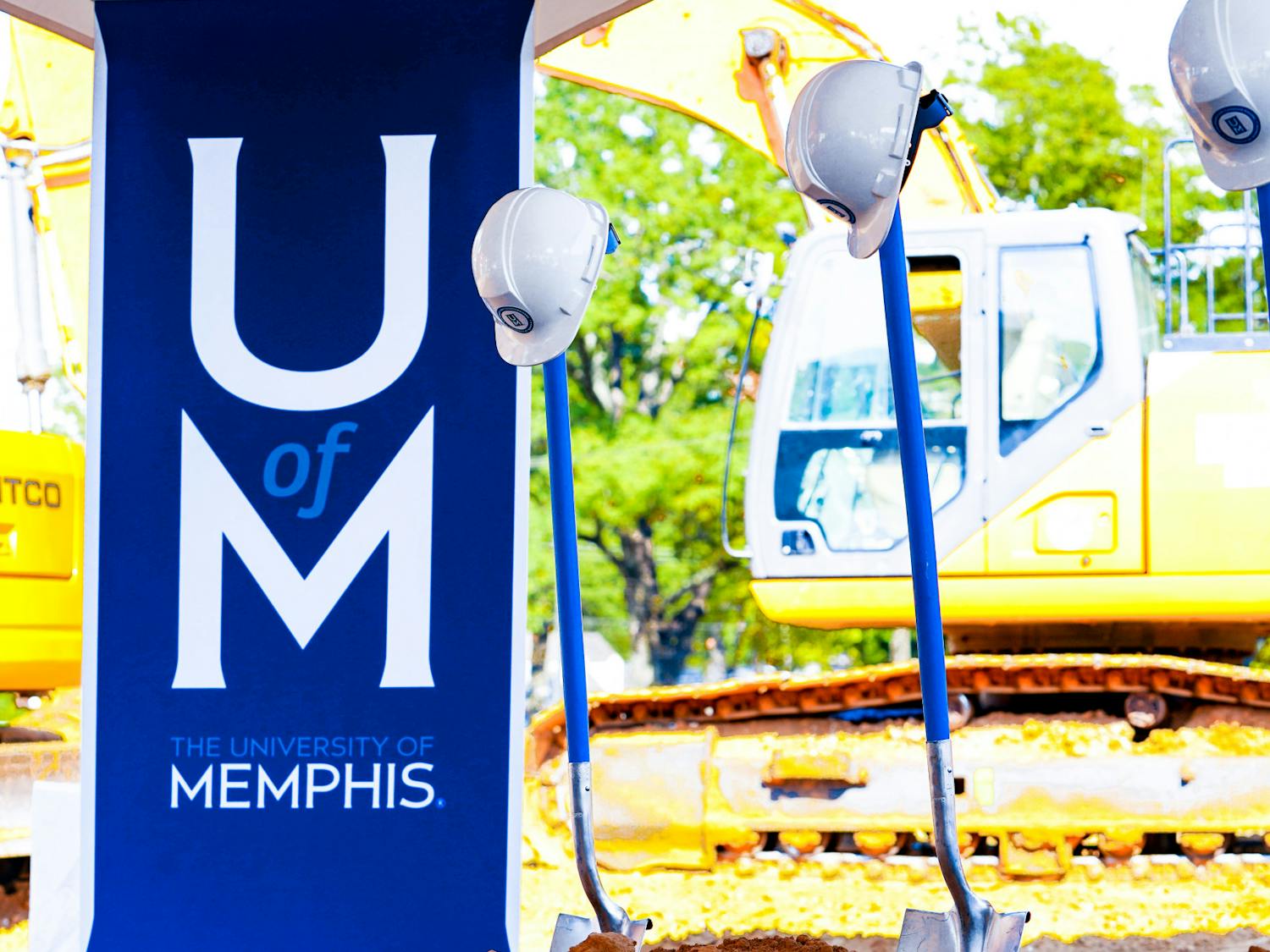This month, the University of Memphis and the city at large received nationwide attention due to a level of violence that shocked even lifelong Memphians.
In the aftermath of Eliza Fletcher's kidnapping and the Sept. 7 shooting spree, the University administration held a meeting to answer questions and ease concerns. In short, more training and better communication is the top priority.
"Moving forward, we're not going to use one form of communication; we're going to use four if not five," said Dean of Students Justin Lawhead. This will include text, email, Livesafe, the classroom messaging system Alertist, and some form of social media alerts. "Most, if not all, of your information comes from social media," Lawhead said. "We need to acknowledge that."
Chief Myers assured students that the campus police department is prepared to handle crime on campus 24 hours a day. "The minimum standard is four officers available to answer calls," he said.
Additionally, Mark Heath, Director of Risk Management at the U of M, commented on response time. "Our response time compared to the city is substantially lower. Two to three minutes for most calls."
Myers reports that the vast majority of crime on campus occurs in parking lots. "Looking back at 2019 versus now, our increase [in crime] is entirely car driven," said Myers.
This claim is supported by data from the Tennessee Bureau of Investigation's 2021 Crime on Campus report. Of the 45 recorded offenses of theft on campus, 27 were vehicle-related, not including seven stolen cars.
Putting aside men on the job and response times, the unpreparedness of staff on safety protocol nearly resulted in tragedy during the city-wide shooting spree.
During the meeting, Lawhead acknowledged that a potentially dangerous mistake was made on Sept. 7 when the Campus Rec Center forced students to leave the building while the shooter was thought to be in the area.
"They closed the facility, but they misinterpreted what closed meant," Lawhead said. "I talked to the dean of the school that oversees that facility, along with the director, and we're reviewing protocol. I hope that this never happens again."
This error was amplified because at 8:15 p.m., Chief Myers sent out an alert of shots fired at Patterson and Southern, less than a quarter mile down the street from the Rec Center. While this report was later determined to be a false alarm, no one was aware of this at the time, and the potential for danger was very real.
"We have to ramp up and have a better training program for faculty, staff, and students," Myers said. "We need to really explain to people what it means to lock down versus shelter in place. It's going to come back down to training and education."
Notably, Myers reports that about 90 total staff members with concealed carry permits have requested and been granted the right to carry a firearm on campus due to a law passed in 2016.
The University's response to early September's events received some criticism. One student during the meeting expressed frustration, calling the University president's message to students a "crass way to say that information."
"Last night's episode of a person driving through Memphis and DeSoto County shooting at people and buildings has exacerbated an already tense and emotional situation," the message read. "Despite these two events, we are ranked as having the safest large campus in the state of Tennessee."
Heath addressed the student’s irritation. "We discussed that amongst ourselves today," he said. "Not criticism, but reevaluating to not send a mixed message that people interpret as, 'Wow, really?'"
Cameras, another concern of meeting participants, was also addressed. "You have 800 cameras on this campus," Myers said. "I will venture to say that you can't get on this campus without us having a camera on you or your vehicle." Myers explained that all outdated cameras were recently replaced with digital cameras in a $400,000 upgrade. These cameras send a signal to technicians when there is an issue, leading to quick fixes.
While it virtually disappeared during Covid, Tiger Escort, the student-led personal escort service to enhance safety, is still available to students. Chief Myers said that due to contract issues, he couldn't begin the student hiring process until the semester began, so in the meantime, officers and security guards have filled the role.
The University recommends that every student download the Livesafe app on IOS or Google Play. You can use the app to call 911 or campus police, request a ride, call in tips, or view a safety map, letting you know what areas to avoid in case of an emergency. Police dispatch can also be reached at 901-678-4357.
"Don't assume somebody else has already called and told us," Myers said. "If you see something suspicious, call us."





